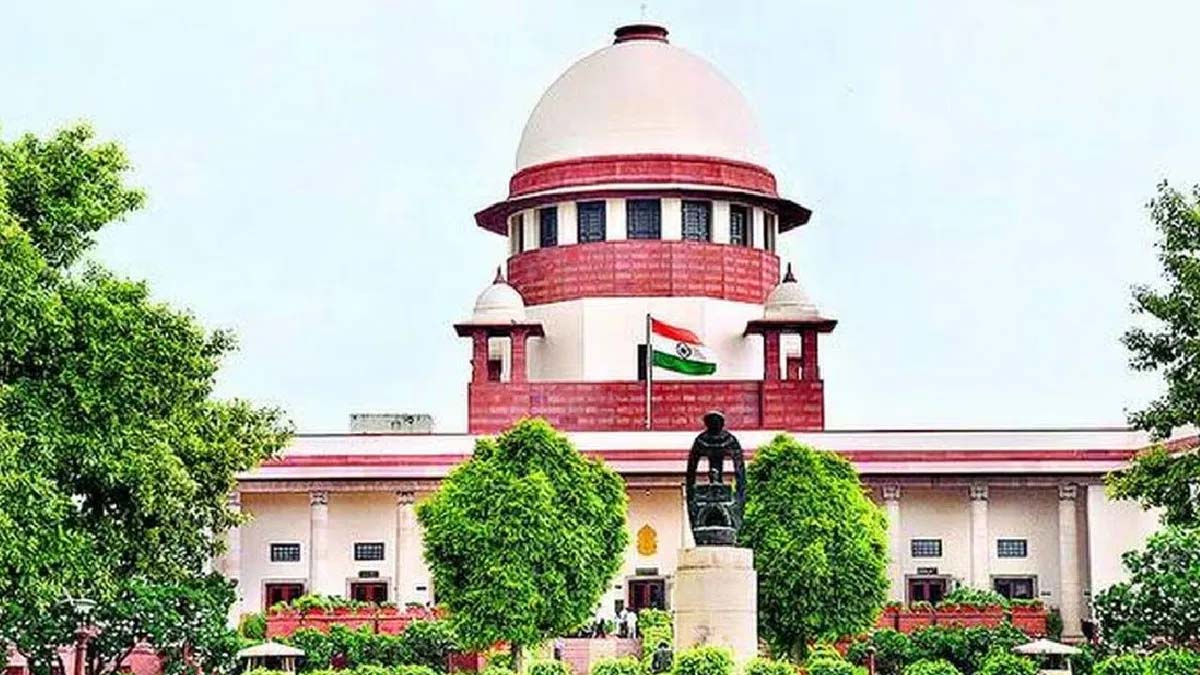The Supreme Court in New Delhi on Friday decreed that any individual seeking authorization to conduct processions with the aim of educating voters about the elections must have their request adjudicated within a span of three days by the appropriate authorities.
Advocate Prashant Bhushan, advocating on behalf of the petitioners, presented before the bench, headed by Justice B R Gavai, that during the electoral period, the Election Commission has restricted all forms of public assemblies, gatherings, and demonstrations.
Justice Gavai posed a question, “How can such a directive be promulgated…?” Bhushan countered by citing constitutional case law which indicates that such measures cannot be taken without legitimate grounds of potential peace disruption, emphasizing that issuing a Section 144 order without such grounds is not permissible.
The bench, which also included Justice Sandeep Mehta, inquired about any specific instances of notification. Bhushan, reading from a notice issued in Barmer, remarked: “This is the directive from the district magistrate of Barmer, dated March 16, stating that the Election Commission of India has declared Lok Sabha elections. Per ECI guidelines, elections should proceed peacefully. No one may organize a procession or public gathering without prior consent from the returning officer, with the exception of marriage and funeral processions.”
Bhushan stated that his clients had submitted requests for permission to organize a democracy yatra or public gathering to inform voters about their electoral responsibilities. “Previously, during the November and December Assembly Elections, we requested permission but were denied. Currently, no decision has been made. Within 48 hours, at least, there should be a decision on the application for permission,” Bhushan fervently insisted.
Bhushan implored the court to issue an order applicable across the entire nation. The bench ruled: “We instruct, as an interim measure, that any application submitted to the appropriate authorities must be resolved within three days. List this matter after a fortnight.”
Social activists Aruna Roy and Nikhil Dey approached the Supreme Court, through advocate Prasanna S, to curtail the widespread usage of Section 144 by magistrates and state governments, which results in broad prohibitions on any form of assemblies, gatherings, or protests before each Lok Sabha or Vidhan Sabha election and up until the announcement of results.
The petition argued that these sweeping orders infringe upon civil society and the public’s freedom to engage in discourse, organization, and mobilization on matters pertinent to them prior to elections.
“The management of elections, cited as the justification for invoking Section 144, is not a valid reason recognized under the code, nor does it constitute an emergency warranting the imposition of such expansive prohibitory orders. Section 144 mandates, as challenged here, have been issued routinely, without substantial cause or urgency to justify restricting public discourse, thus amounting to unwarranted infringement on the right to vote,” the plea asserted.









